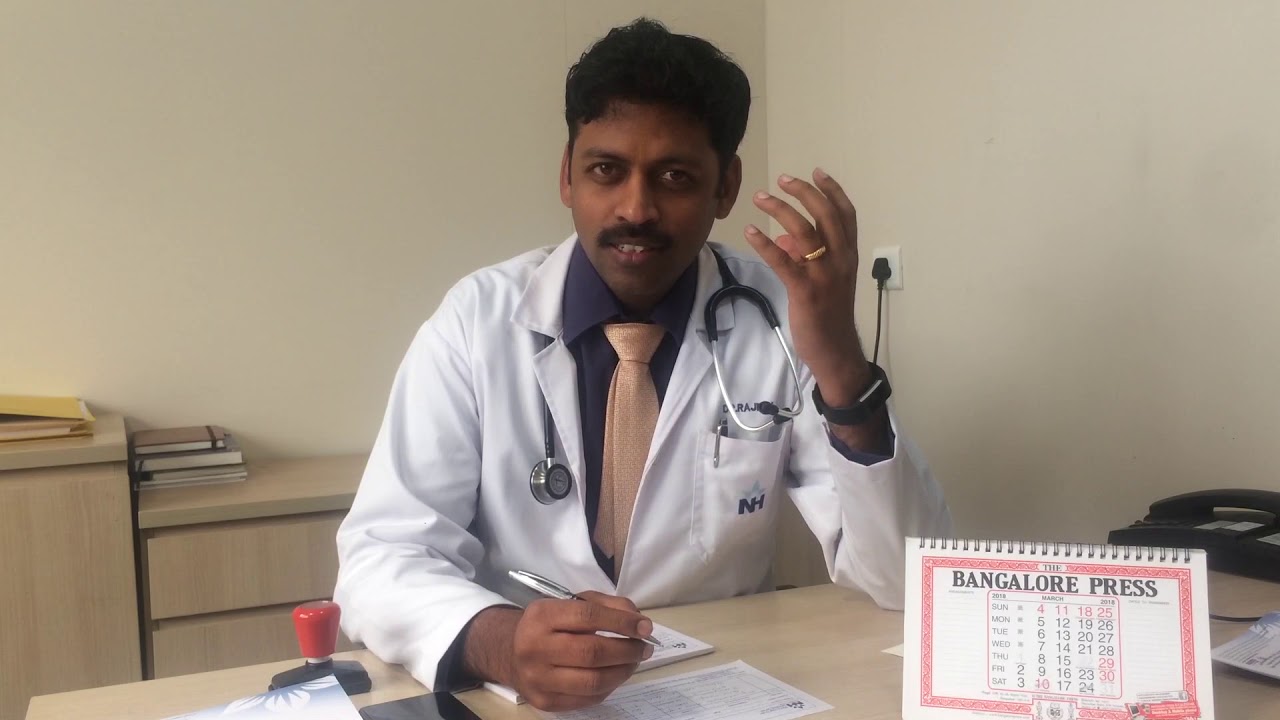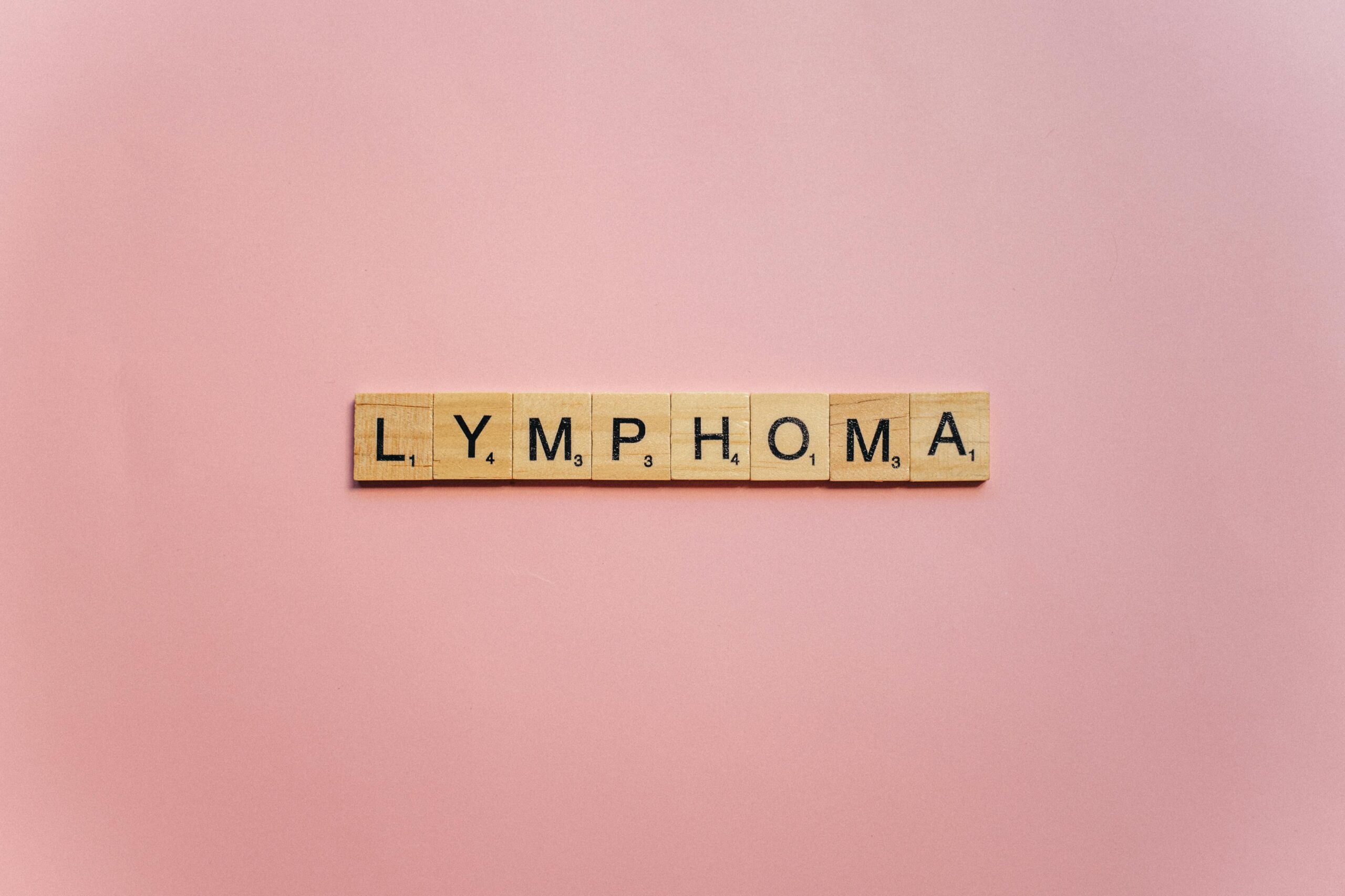Author: Suchita Kumari
-

Tools for Lung Cancer Patients: Easing Breathlessness and Anxiety
Respiratory issues such as exhaustion, persistent coughing, and shortness of breath are common in lung cancer patients, and they can cause mental stress and anxiety. A comprehensive strategy that incorporates breath-focused therapy, mindfulness, natural remedies, and a peaceful home environment is needed to manage these symptoms. Common Respiratory Challenges & Emotional Stress Breathlessness (dyspnea) is…
-

Recognizing Signs of Lymphedema After Breast Cancer Surgery and How to Manage It
Surgery for breast cancer that involves the removal of lymph nodes or radiation therapy can interfere with the lymphatic system and result in lymphedema, a chronic illness in which an accumulation of extra fluid causes swelling, generally in the arm or chest. Understanding the signs and proactive management can help maintain comfort and mobility. What…
-

Understanding Food and Drug Interactions: What You Need to Know
When taking medications, it’s important to be aware of how certain foods can affect their effectiveness. When a food, beverage, or supplement changes how a drug acts in the body, it’s called a drug interaction. These interactions may increase the potency, decrease the effectiveness, or even result in negative side effects of drugs. Why Do…
-

Cancer Recovery: A Holistic Approach with the Carer Cancer Program
Cancer treatment, while life-saving, often comes with challenging side effects that impact a patient’s physical, emotional, and mental well-being. The Carer Cancer Program provides a comprehensive and all-encompassing healing strategy that addresses these issues by emphasizing symptom management and general rehabilitation. Dr. Rajeev Vijayakumar, Consultant Medical Oncologist, emphasizes the importance of this program, stating: “The…
-

CRISPR and Gene Editing: The Future of Cancer Treatment
Overview of CRISPR in Medicine CRISPR (short for “clustered regularly interspaced short palindromic repeats”) is a technology that research scientists use to selectively modify the DNA of living organisms. CRISPR was adapted for use in the laboratory from naturally occurring genome editing systems found in bacteria. This revolutionary tool is now being used in medicine…
-

Soothing the Gut: Managing Digestive Issues in Colorectal Cancer Patients
Patients with colorectal cancer frequently have digestive discomfort as a result of the disease or its treatments. Radiation, chemotherapy and surgery have a significant impact on the patient’s gut microbiome and as a result, their quality of life . Some of the symptoms can include, but are not limited to nausea, constipation, diarrhea, and bloating.…
-

Understanding Non-Hodgkin’s Lymphoma: Symptoms, Causes, and Treatment
Non-Hodgkin’s lymphoma (NHL) is a type of cancer that originates in the lymphatic system, which is part of the body’s immune defense. In contrast to Hodgkin’s lymphoma, NHL is more prevalent and encompasses a wide range of blood cancers that impact lymphocytes, which are white blood cells. The main features of NHL are examined in…
-

The Science Behind Plastics and Cancer Risk: What You Can Do
Plastic is everywhere. From our kitchens to our cars and are even part of crucial processes in places like hospitals. Growing research indicates that certain chemicals have been proven to be harmful, especially when it comes to long-term cancer risk. While we’re not calling for panic or perfection, small shifts in how we interact with…
-

Holistic Cancer Programs: cancer and coaching and treatments ft Dr Nanda
Cancer is not just a physical battle, it’s an emotional and psychological journey that affects patients and their families. Renowned surgical oncologist Dr Nanda stresses the value of a comprehensive cancer program that combines medical care, psychological support, and rehabilitation to aid patients achieve their full recovery. The Role of Family and Caregivers A strong…
-

Understanding Chronic Inflammation: Causes, Risks, and Prevention
Have you ever noticed a red, swollen bump after an injury or insect bite? That’s acute inflammation—your body’s natural defense mechanism to heal itself. Similarly, inflammation can occur inside your body as well. This presents differently as symptoms that may seem unrelated. When inflammation persists for months or even years without an apparent cause, it…
